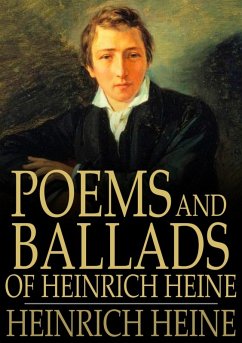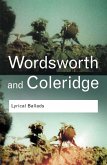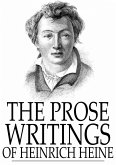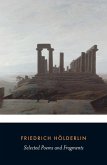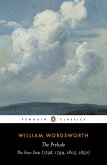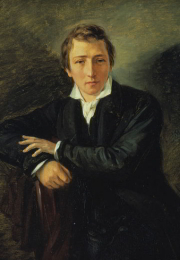German poet Heinrich Heine began his career penning lyric verses in the tradition of the European Romantics, including a series of poems that were set to music by composers such as Franz Schubert and Robert Schumann. However, as his style evolved, Heine began to be more influenced by the political landscape of his era, and his poetry started to incorporate elements such as satire and irony. This collection brings together verses from all of Heine's literary phases.
Dieser Download kann aus rechtlichen Gründen nur mit Rechnungsadresse in A, B, BG, CY, CZ, D, DK, EW, E, FIN, F, GR, HR, H, IRL, I, LT, L, LR, M, NL, PL, P, R, S, SLO, SK ausgeliefert werden.

